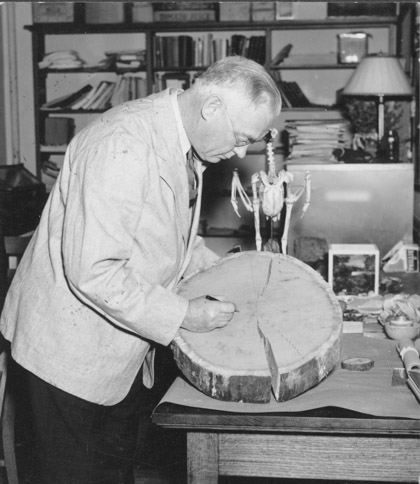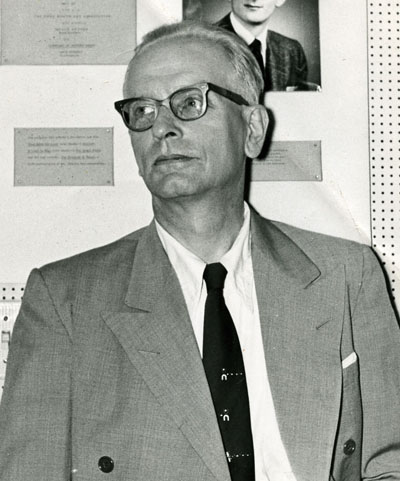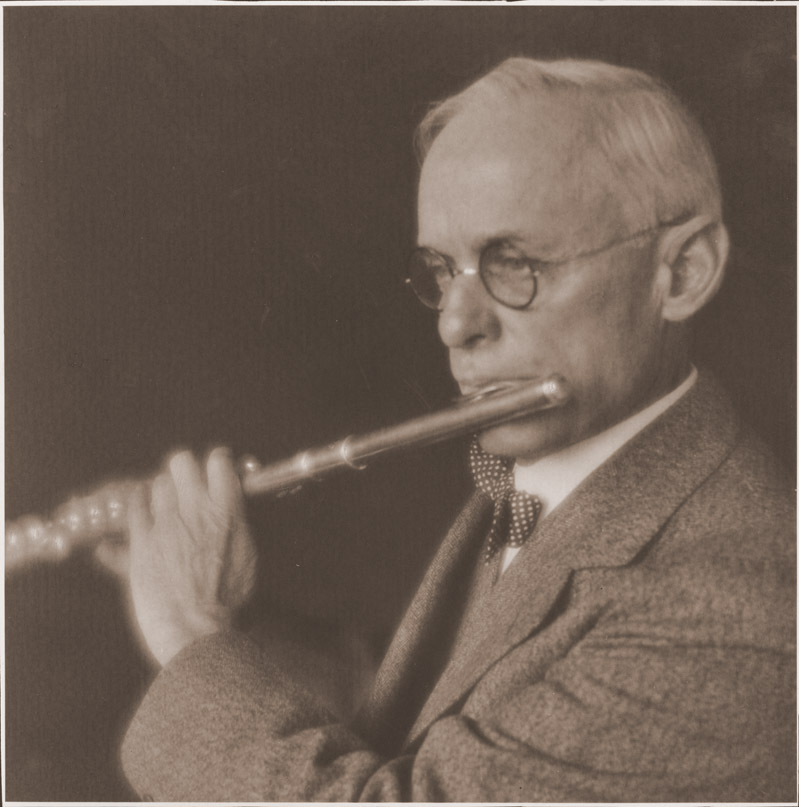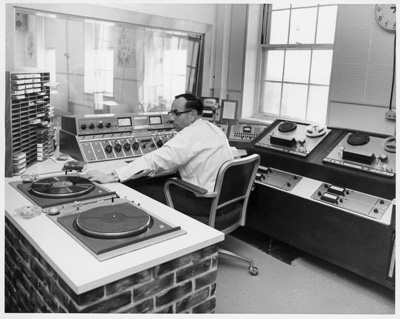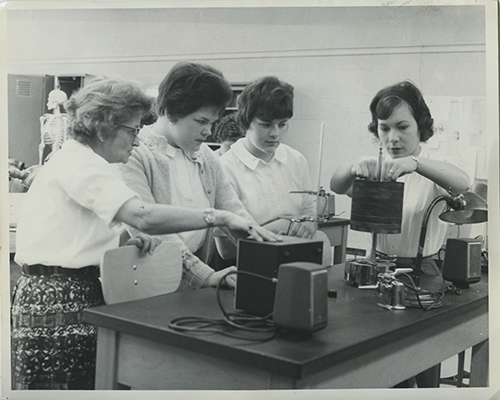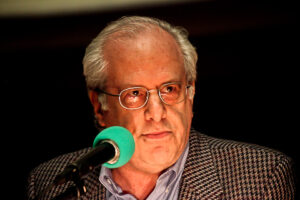Ferenc A. Vali Papers
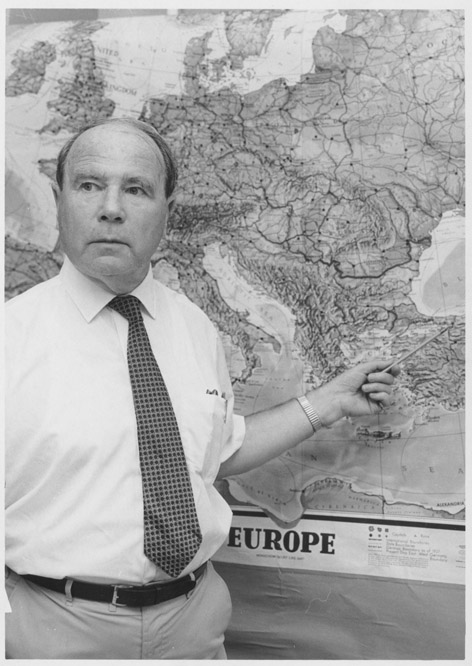
A scholar of international politics, Ferenc Vali left his native Hungary during the revolution of 1956 after five years of imprisonment for his political activities. Born on May 25, 1905, Vali was educated at the University of Budapest and London School of Economics (PhD, 1932), and worked as a Professor of International Law at the University of Budapest until his arrest. Following his escape and a brief period as Fellow at Harvard, he joined the faculty in political science at UMass Amherst in 1961. A popular lecturer, he became the first member of the Political Science Department to receive emeritus status in 1975. He died at his home in Amherst in 1984.
The Vali collection includes both published and unpublished essays by Ferenc Vali on Hungary during the post-revolutionary years and idealism and realism in American foreign policy.


